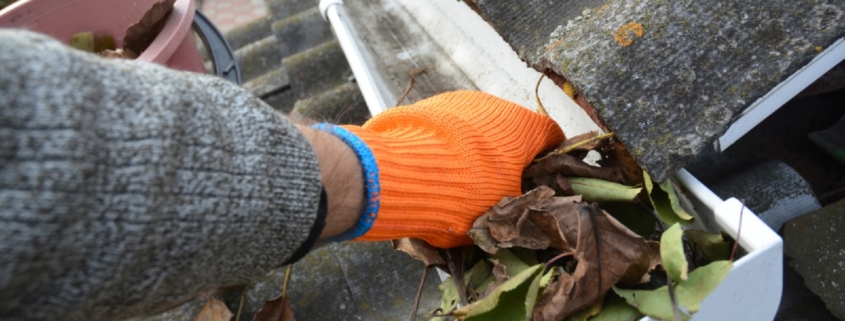Construction Guide #164 181
Title: Guide #164: Construction Edition: Important Construction Tips and Best Practices
Construction is a complicated process that needs careful planning, precision, and adherence to safety regulations. Regardless of you’re a veteran builder or new in the industry, staying informed of best practices is crucial. In this issue of Construction Guide #164, we delve into vital construction tips and best practices that can drastically boost productivity, safety, and quality of your work.
First, planning is key in any construction project. This involves understanding the project scope, creating a detailed work schedule, and mapping out resources. Use advanced project management tools to efficiently plan your construction process. This strategy helps reduce potential risks, manage costs, and ensure the project timeline is adhered to.
Next, invest in quality materials. Cutting corners on materials can lead to structural issues, increased maintenance costs, and potential safety hazards. Purchase materials from reputable suppliers who offer quality assurance. Furthermore, proper storage and handling of materials are just as important to prevent damage and wastage.
Thirdly, prioritize safety at all times. Construction sites are inherently hazardous, and safety measures should never be compromised. Regular safety drills, proper use of personal protective equipment (PPE), and adherence to safety regulations are a must. Make sure that all workers are trained in safety protocols and that the site is regularly inspected for potential safety risks.
A best practice is to routinely maintain your construction equipment. Properly-functioning equipment not only improves productivity but also reduces the risk of accidents. Set up a routine maintenance schedule and make sure your team is trained to operate the machinery properly.
Furthermore, clear and consistent communication is key. Misunderstandings can lead to errors, delays, and even accidents. Ensure all team members, from architects and engineers to laborers and subcontractors, understand their roles and responsibilities. Regular team meetings, comprehensive document management systems, and effective communication channels can ensure smooth operations.
Sustainability is another crucial factor to consider. Green construction practices not only are good for the environment but also result in cost savings in the long run. Consider implementing energy-efficient designs, using sustainable materials, and minimizing construction waste.
Finally, keep tabs on industry trends and technological advancements. The construction industry is constantly evolving, with new technologies such as Building Information Modeling (BIM), drones, and 3D printing changing the way we build. Staying informed and embracing these advancements can greatly improve your construction process.
In conclusion, successful construction involves meticulous planning, commitment to safety, quality materials and equipment, effective communication, sustainable practices, and an eye on the future. By incorporating these tips and best practices into your construction routine, you can ensure a more streamlined, safer, and more efficient building process. Remember, quality construction is a journey, not a destination. Keep learning, keep improving, and keep building! For the best service or visit their Roofing Dublin business listing here.
For more details, check best Roofing Services Dublin or visit their Roofing Dublin business listing here.



